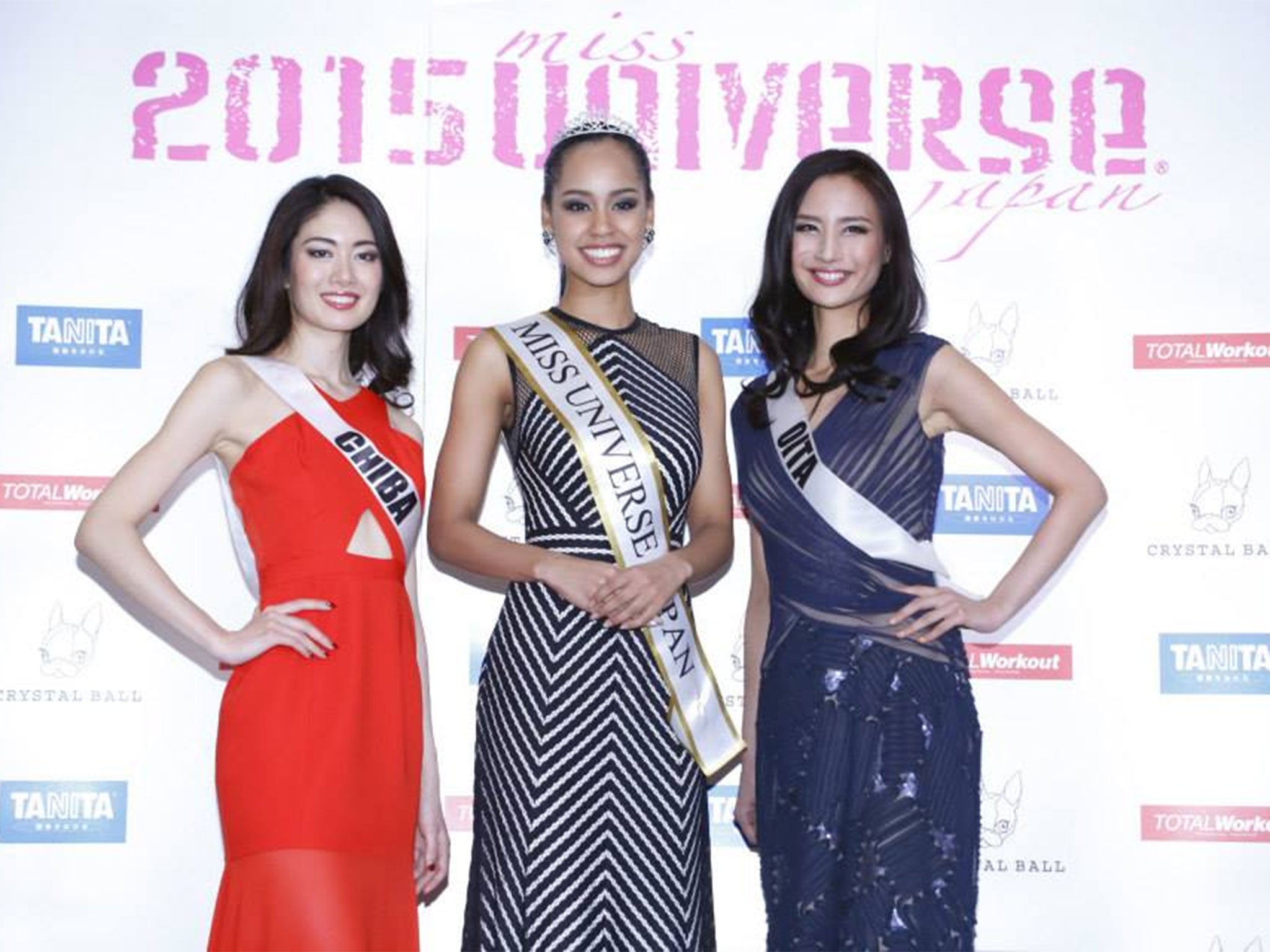Miss Universe Japan gets online abuse 'because she doesn't look Japanese enough'
Ariana Miyamoto won the competition in March this year but while the foreign media congratulated her the Japanese public weren't as impressed

Your support helps us to tell the story
From reproductive rights to climate change to Big Tech, The Independent is on the ground when the story is developing. Whether it's investigating the financials of Elon Musk's pro-Trump PAC or producing our latest documentary, 'The A Word', which shines a light on the American women fighting for reproductive rights, we know how important it is to parse out the facts from the messaging.
At such a critical moment in US history, we need reporters on the ground. Your donation allows us to keep sending journalists to speak to both sides of the story.
The Independent is trusted by Americans across the entire political spectrum. And unlike many other quality news outlets, we choose not to lock Americans out of our reporting and analysis with paywalls. We believe quality journalism should be available to everyone, paid for by those who can afford it.
Your support makes all the difference.When the first mixed-race Miss Universe Japan was crowned at the end of March, she was greeted by a critical public.
Ariana Miyamoto quickly became the focus of attacks on Twitter, calling her “hafu”. The term literally translates as “half”.
With a Japanese mother and African American father, Ms Miyamoto is considered in Japan not to be foreign, but also not fully Japanese and according to some Twitter users, unworthy of winning the competition.
One Twitter user wrote that “Even though she’s Miss Universe Japan, her face is foreign no matter how you look at it”, while another said “Miss Universe Japan is… What? What kind of person is she? She’s not Japanese, right?”
“If I say I am Japanese, people reply: ‘No you can’t be’. They don’t believe it,” Ms Miyamoto told the BBC.
Ms Miyamoto, who grew up in a small city in western Japan, said that the treatment of mixed-race citizens contributed to her best friend’s death at school.
She told the BBC: “He wanted to talk about why we are excluded from others three days before he died.”
She added that she got significantly more attention from the foreign media compared to at home in Japan, where she could walk in the street without anyone recognising her.
The BBC reported that her treatment was due to a myth in Japan that they were special and unique, despite being an ethnic “hotchpotch” the result of different migrations over thousands of years around the Far East.
Join our commenting forum
Join thought-provoking conversations, follow other Independent readers and see their replies
Comments